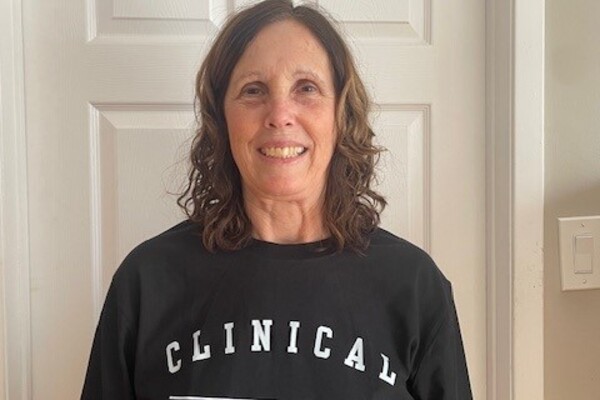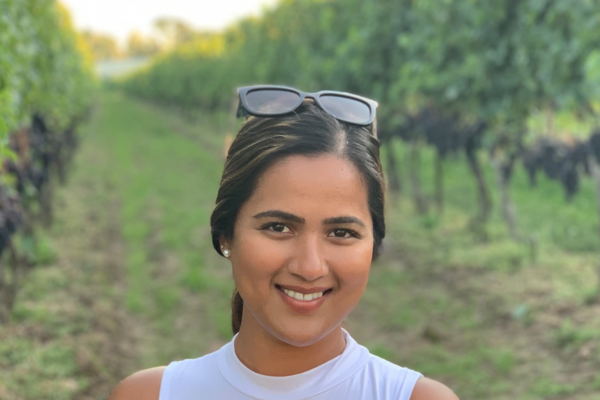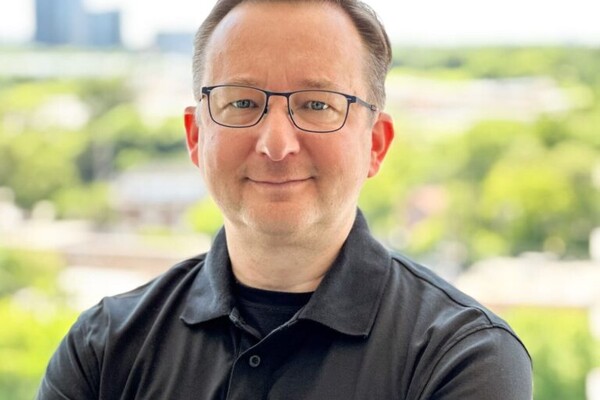Bridget learns value of community during fieldwork in India

Bridget Deschenes, a second-year occupational therapy student, thought she would complete her clinical placements in Toronto, but when she learned about the opportunity to do an international fieldwork placement, she found herself half way around the world at Amar Seva Sangam (ASSA), a rehabilitation hospital campus in rural Tamil Nadu, India, where she was embraced by a community of health care professionals.
Bridget learned about the option to do an international placement but she didn’t decide to apply until the last minute. “When I found out about the funding opportunities and I learned more about the value of the experiences, it was easier to just say yes and go."
Students in the MScOT program have the option of doing a fieldwork placement in one of several countries around the world, but it was India that most appealed to Bridget. “I knew that if I was going to pursue an international placement, I wanted to experience a different culture in a different environment. This was a really awesome opportunity to broaden and diversify my understanding of health care systems.”
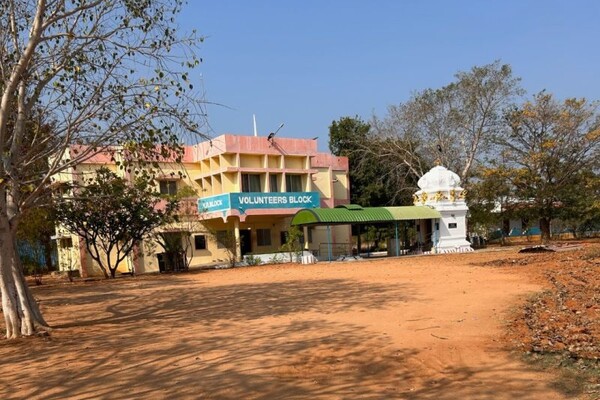
Bridget was thrilled when she learned that she had been placed at ASSA along with a few other students from the program. Part of her decision to apply to work at ASSA was because her living arrangements were taken care of – the hospital welcomes international students so frequently that they have a designated residence on the hospital campus. Here, Bridget lived alongside other students from across Canada and other parts of the world, which allowed them to share stories and connect over dinners in the cafeteria.
After spending a couple of days getting settled into her new place and exploring the area, Bridget showed up for day one of her placement working with clients with spinal cord injuries. One of the first things she learned after stepping foot inside the hospital was that occupational therapists, like many other professionals in India, take their shoes off at work. But what stood out to her most was how similar the practice is. “I was really happy to see that a lot of our core values were very much the same. On the first day that we worked with clients, we used the same occupational therapy assessment that I used in Canada.”
“There weren’t a lot of differences in the approach to occupational therapy. The biggest differences were the resources I had access to and the time that we had with clients,” she adds.
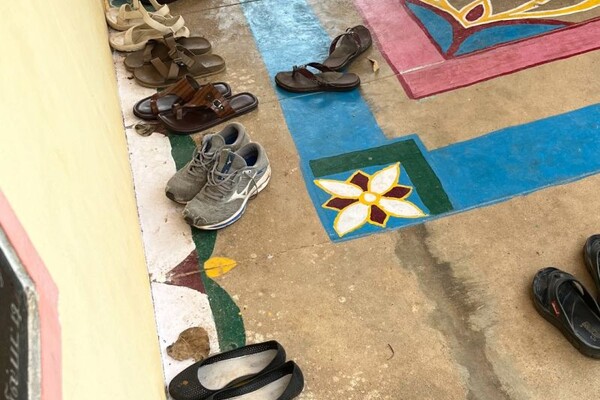
At ASSA, they have built a Valley for the Differently Abled; a 30-acre land where clients are welcome to stay for up to a year while they work on their recovery. “There was less of a rush, which was a really beautiful part of this placement. Every day we got to have a solid hour with our clients, which was a bit of a luxury compared to what I experienced in Canada where there is more push to discharge patients,” says Bridget.
Another unique feature was the variety of resources they offer. In one of the buildings, a team of professionals are available to build custom devices to help occupational therapists meet their clients’ needs. “For one of my clients, I needed a custom orthosis for his hand. They have a seamstress on site to build people saris as part of their uniform. I was able to go to a seamstress and tell him my idea and he built this custom orthosis, which was so cool. We just had this creative license that we don’t always have in Canada.”
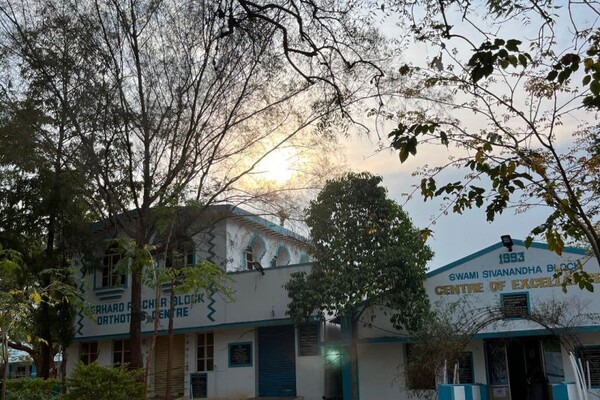
Bridget found that ASSA takes a village-based approach to rehabilitation. At the hospital, clients’ families are welcomed to stay on campus to make it easier to visit and support the recovery process. Bridget says, “The community culture of the hospital was really wonderful to witness. There were a lot of other facilities, too, like vocational training for people with different abilities to train to get jobs in the future. There were so many people around and everyone was so warm and welcoming – it felt like the whole campus was a little community designed for everyone to come and thrive just as they are.”
On top of the support clients get from having family nearby, ASSA employs former clients to work as translators between Bridget and her clients. “The translators were actually previous clients at ASSA that had experienced spinal cord injuries themselves, so they could offer peer support and share their experiences with the people I was working with.”
Bridget says she will be bringing the lessons she learned in India with her to her next placement in Canada. “In class we talk about how important it is to be curious. Active listening is such an important part of being a good clinician and working in India took those skills to a new level. I needed to ask so many more questions to understand my clients and learn about their background and day-to-day activities.”
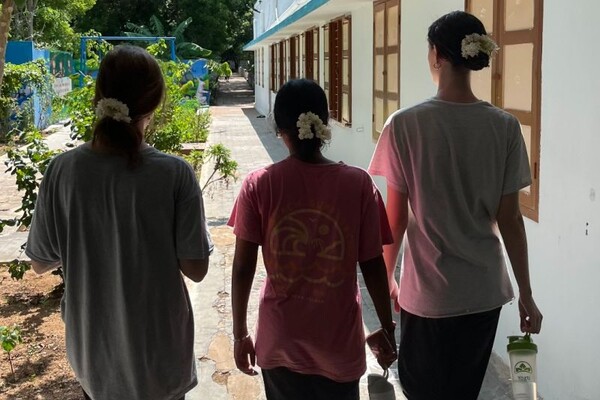
She says that working through language barriers is another important skill that she will use in her future practice. “Toronto is such a multicultural city and our clients speak all kinds of languages here. Learning how to work with an interpreter and getting used to communicating in a language that’s not your own is a really awesome part of the experience.”
Bridget strongly urges future students to push themselves out of their comfort zone and apply for an international fieldwork placement. “This experience was so awesome! I didn’t come into this program thinking that I would do an international placement, never mind one on the other side of the world. But this experience has definitely helped me grow as a clinician and as a person, and I would recommend that anyone who has the opportunity to do an international placement should definitely do it.”

